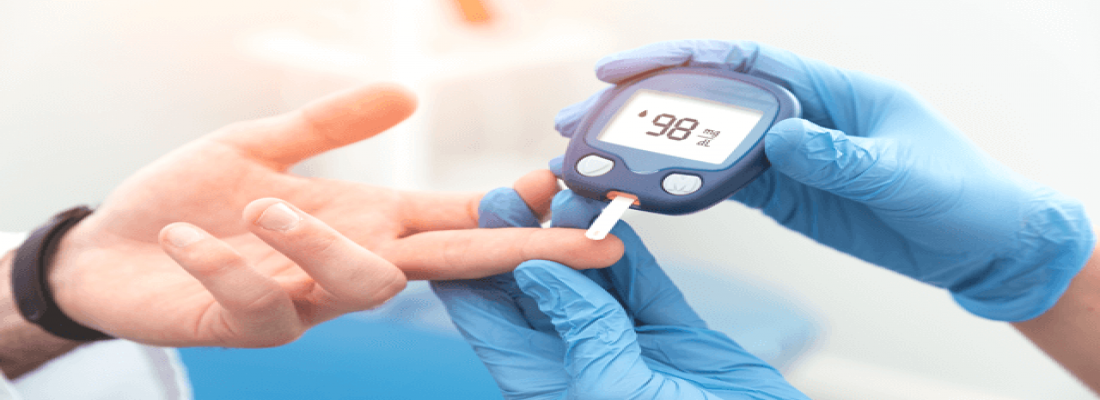
Overview
Medically reviewed by Dr. Md Sazzadul Huque
Diabetes Mellitus What is Diabetes Mellitus?
Let’s explain it in simple terms, diabetes is a medical condition in which the body prevents the conversion of sugars and starches in the food into energy. This happens when the body fails to produce insulin or the insulin does not work properly known as insulin resistance.
When we eat any carbohydrate food some unique cells in our pancreas produces insulin. The insulin transports glucose, made from carbohydrates (e.g., complex bulky sugars, which the body breaks down to use for energy) in the food into the cells where it is used by the body for energy. Sugars and starches are the most common and efficient source of energy that is carried in the blood as glucose.
In any scenario, insulin is not produced or does not work, the level of glucose increases in the bloodstream instead of getting into the cells.
Symptoms
Increase Appetite: Hungry even after having a meal
Increase Thirst.
Frequently passing urine.
Lethargy: Carbohydrate cannot be converted into energy.
Repeated infections (bugs love sugar).
Weight loss (predominantly in type 1 diabetes).
Symptoms are commonly found in people with type 1 diabetes. People with type 2 diabetes have considerably less or very few symptoms, prior to its diagnosis.
Types
Type 1 diabetes: The pancreas fails to or does not produce insulin at all. They all require insulin therapy for life.
Type 2 diabetes: The cause is generally the body is not producing enough insulin or there is a insulin resistance.
Causes
There is evidence that the cause of type 1 diabetes is auto-immune but it is not proven yet. Mechanism mentioned in the literature is that the body produces antibodies to the pancreas, damaging it and preventing it producing insulin. Type 1 diabetes only affects approximately 10% of all people with diabetes and it usually starts in young age.
Type 2 diabetes is more likely to affect older people especially adults, although it is being found increasingly in younger people - especially if they are overweight and lacking in physical activity.
Type 2 diabetes is strongly associated with obesity and tends to run in families. It is more common in people of South Asian and Afrocaribbean descent. Many people with type 2 diabetes have hypertension and high cholesterol level. They may need medication to help control these.
Treatments
Type 1 diabetes is always treated with insulin. There are many different types of insulin available in the market. Discuss with your care physician and care team for the most appropriate one for you. Always, be sure to rotate the injection sites to prevent the development of fatty pad under the skin. It happens if you inject in the same area repeatedly. This can affect insulin absorption in that area.
Sharps, needles and lancets need to be disposed of carefully in sharps bins if available or any hard bin.
The mainstay treatment of type 2 diabetes is always healthy eating with physical activity.
But type 2 diabetes is a progressive condition and, in time, tablets and/or other forms of medication may be likely to become necessary and may even progress to insulin injections.
Prevention
- Maintain a healthy weight. Losing weight, if you are overweight, improves overall health and glucose control.
- Be physically active. Physical activity improves insulin sensitivity.
- Keep blood glucose levels under control. This helps protect the eyes, kidneys and feet.
- Know your cholesterol level. Cholesterol lowering treatments (like statins) helps protect the heart.
- Have your blood pressure checked regularly. Good blood pressure levels protect the heart and kidneys.
- Do not smoke. Smoking is highly damaging, but much more so when combined with diabetes. Both thicken the blood, encourage clot formation and put a strain on the heart.
